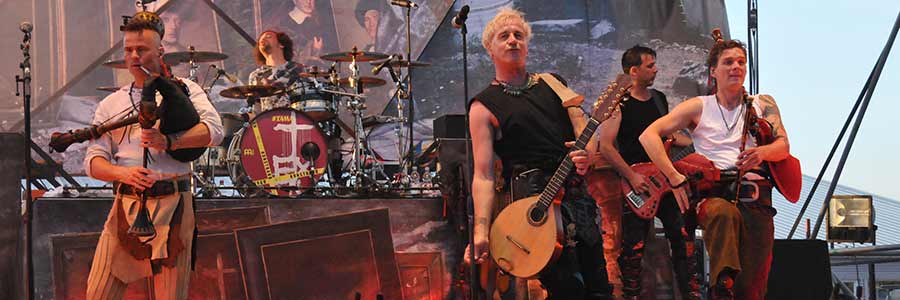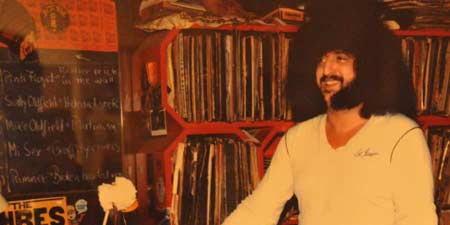Music can constitute and change social groups

Music takes place in society. It is in constant and mutual dependence and influence: it is influenced by social factors in its production, composition and performance, and in its reception it influences people and thus society. Music depends on the social roles of the people who invent it, sing and play it, listen to it, distribute it, collect it, buy it, prefer it or reject it; it is also dependent on the institutions that arise through music. Through ethical, aesthetic or other value judgments, it forms norms with regard to behaviour towards it. It is able to constitute and change social groups.
Music, like language, is an essential element of a culture and therefore an expression of the individual and collective identity of a society, community or group. Music is therefore the carrier of this cultural identity, the sensitive cultural memory and the grown cultural diversity of a community.
Musical environments lead to the formation of subcultures. They enable people to live out their cognitive and emotional designs in a fulfilling way. On the one hand, this applies to youth cultures such as punk, hip-hop or gothic, but on the other hand it also includes connoisseurs and lovers of early music, opera, etc. musical sub-areas. Subcultures represent communicative networks. Their members communicate by defining themselves not only primarily through a common taste in music, but also through clothing and lifestyle, group languages and joint music-accompanied activities such as music festivals.
Emre Aydin - turkish Rock with Cadde from Izmir
- Category: Music
- Hits: 7587

Emre Aydın is one of the most well known Turkish rock singers and songwriters of today’s music world. Born in Isparta on 2nd of February 1981 as first son of Saban and Nemin Aydin, he began playing saz at an early age and later on changed to guitar.
Museum of Jever - Break On Through to the Other Side!
- Written by Portal Editor
- Category: Music
- Hits: 7842

The visit to Jever had led us to the Castle Museum, which is known as a cultural history museum due to its lifelike exhibitions and rooms of the late Middle Ages and the following centuries which artifacts are well known far beyond the city limits of Jever.